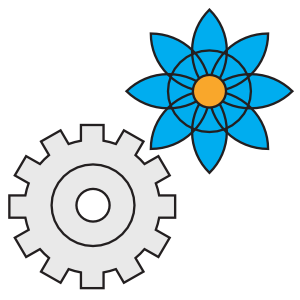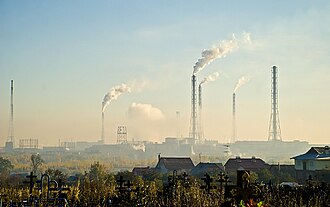News:BE:Berlin Workshop Programme
Exchanging Practices which Integrate
Democracy, Ethics, Sustainability, Social Justice and Peace into Teaching
- Science, Engineering and Architecture Education and Social-Ecological Responsibility
International Workshop
at Technische Universität Berlin
05. + 06. October 2016
Programme
Leading Questions
The leading questions for the workshop are these:
- How to prepare students in science and engineering for social (which includes ecological) responsibility? Implications for university teaching and for accreditation.
- How to establish and promote an effective network of teachers and other relevant actors such as accreditors?
Progarmme
Primary goal of this international workshop is to guarantee ample time for discussions and sharing of experiences after each presentation. This will answer important aspects of especially the first of the leading questions. The programme thus enables the production of a meaningful output in the form of a report. The organisers are committed to taking the lead in producing this report, which they intend to submit for publication to the European Journal of Engineering Education. All contributors to the workshop are invited as co-authors of this publication.
The workshop will start October 5 at 10.00 hr local time and will end October 6 at 15.00 hr local time.
On the basis of the contributors to the workshop, the organisers have established the following programme. The organisers consciously refrained from setting up an exact timetable, in order to be more flexible and to give the time needed for each presentation, discussion and the conclusions for the report. However, this will be the order of presentations:
1. (Changing) perceptions of the social responsibility of scientists and engineers.
- Primary input: Kiera Reifschneider - Arizona State University. Science Outside the Lab: Changing perspectives on the role of scientists and engineers in society
- Discussion
- Implications for leading questions and tentative conclusions (for report)
2. Competences for social responsibility, and accreditation as a means for securing the attainment of these competences.
- Primary input: Yann Serreau – France. Repository of competences for Ethics
- Discussion
- Implications for leading questions and tentative conclusions
3. The possible role of project-driven teaching.
- Primary input: Tatiana Smetanina – Russia. Sustainable Development Activity: Tools for International Project Cooperation
- Discussion
- Implications for leading questions and tentative conclusions
4. The possible role of student-driven teaching.
- Primary input: André Bayer - TU Berlin, Germany. Bleu engineering. Xperiences with student driven teaching at TU Berlin
- Discussion
- Implications for leading questions and tentative conclusions
5. The possible role of case-driven teaching.
- Primary input: Tom Boersen - Aalborg University Copenhagen, Denmark. The use of case studies in teaching social-ecological responsibility to science and engineering students using chemistry as an example.
- Discussion
- Implications for leading questions and tentative conclusions
6. Knowledge for social responsibility.
- Primary input: Henk Zandvoort – Delft University of Technology, The Netherlands. Which knowledge should be transferred to students in science and engineering in order to decide and act in a socially responsible manner?
- Discussion
- Implications for leading questions and tentative conclusions
7. Synthesis of results and planning of report and publication of report.
- Collection and synthesis of results and conclusions that should/could go into the report.
- Discussion of possible outline/structure of report.
- Discussion and decisions on who will be co-author.
- Discussion of timeline and other practical issues.
Intended output: report/publication. =
As was stated above, the programme will enable the writing of a report on (at least) the first of the two leading questions mentioned at the beginning. The second of the two leading questions will be addressed as the final topic (number 7) of the international workshop. The report is intended for publication in the European Journal of Engineering Education (EJEE). All contributors to the workshop are invited to be co-authors.

